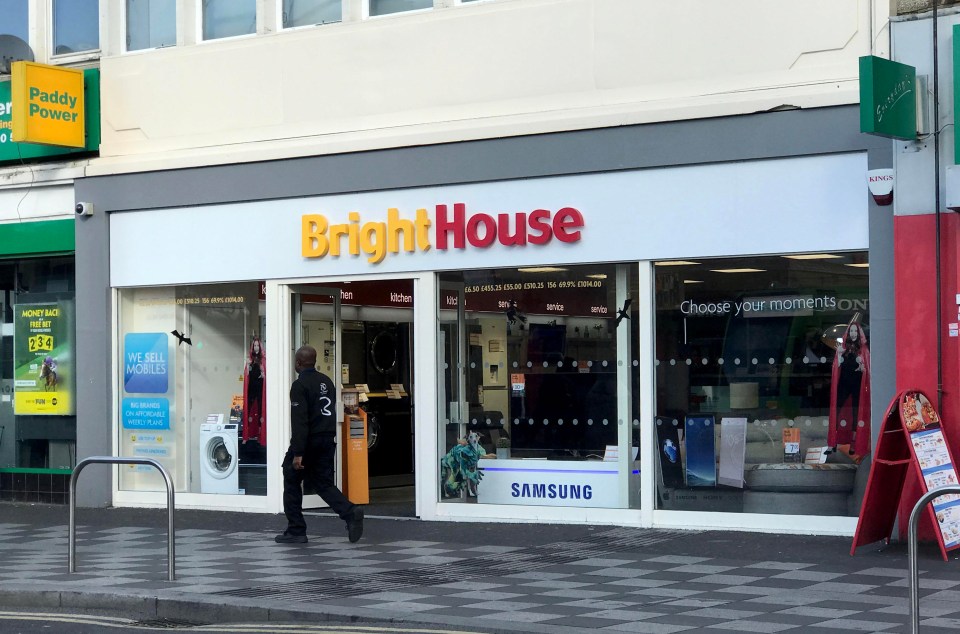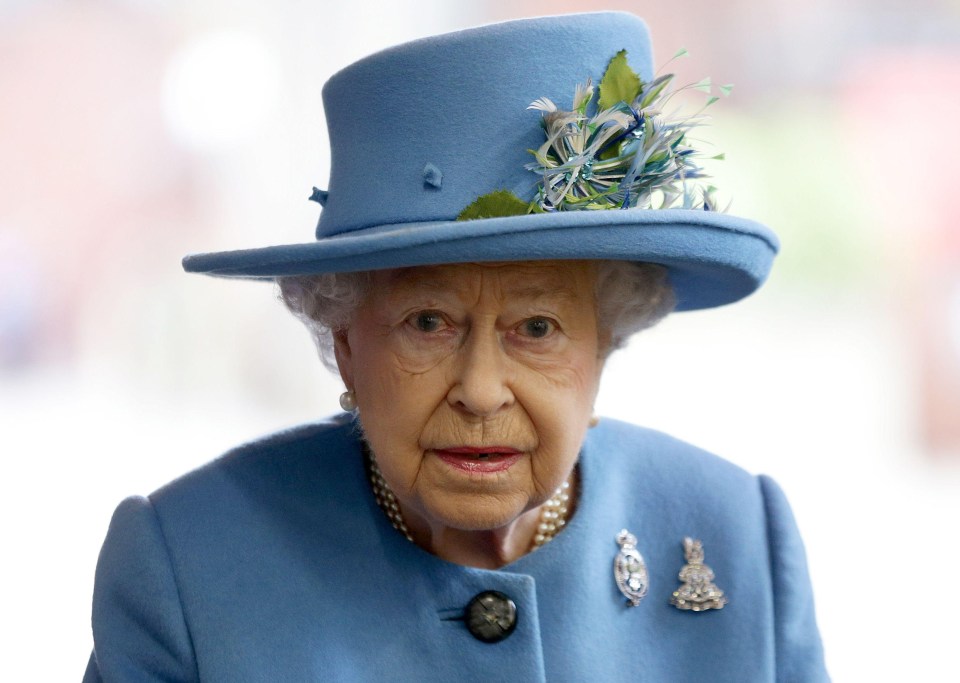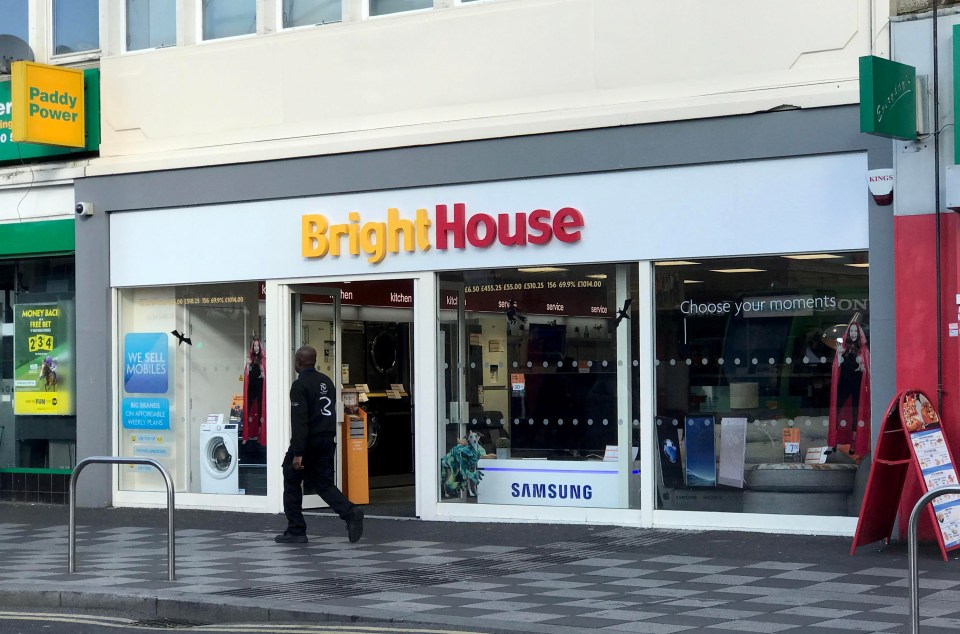
THE Queen’s private estate invested in rent-to-own firm BrightHouse, according to a leak of financial documents.
The documents, known as the Paradise Papers, show that the Duchy of Lancaster has held and still holds investments into a number of businesses, including the controversial retailer.

Last month, BrightHouse was ordered to repay £14.8million to 249,000 customers after the financial watchdog found it has treated customers unfairly.
The charity Barnardo’s has called the rent-to-own industry morally bankrupt.
The Duchy of Lancaster is a private estate owned by her Maj and its purpose is to provide a source of independent income for the Queen.
The Duchy said that did not know about a 12-year investment in BrightHouse until it was approached by The Guardian.
The Paradise Papers also show investments in off-licence chain Threshers, which went bust owing £17.5million in UK tax.
The Duchy said the BrightHouse holding now equates to £3,208 and it was not involved in fund investment decisions.

A spokesperson for the Duchy of Lancaster said: “We operate a number of investments and a few of these are with overseas funds. All of our investments are fully audited and legitimate.
“The Dover Street investment was bought in 2005 and forms only 0.3% of the total value of the Duchy.
“The Duchy’s investment in Bright House is through a third party and equates to £3,208 – just 0.0006% of the Duchy’s value.
“The Queen voluntarily pays tax on any income She receives from the Duchy.”
Details about the Duchy’s investments were revealed in the Paradise Papers – a leak of 13.4million documents from companies across the world, including legal firm Appleby and corporate services provider Estera.
It comes just one year after the Panama Papers were released.
First obtained by the German newspaper Suddeutsche Zeitung, the documents have reportedly been analysed by almost 100 media organisations.
The International Consortium of Investigative Journalists oversaw the project, it is claimed.
What is offshore investment and is it legal?
THE term “offshore” is used to describe foreign banks, corporations, investments and deposits.
A company may legally move offshore for the purpose of tax avoidance or to enjoy less strict regulations.
Offshore financial institutions can also be used for illegal purposes such as money laundering and tax evasion.
A Treasury spokeswoman said: “Since 2010, the Government has secured an additional £160 billion, more than the annual UK NHS budget, for our vital public services by tackling tax avoidance, evasion and non-compliance.
“This includes more than £2.8 billion from those trying to hide money abroad to avoid paying what they owe.
“There are 26,000 HMRC staff tackling tax avoidance and evasion, and we have provided an extra £800 million to fund their efforts.
“A fair tax system is a critical and key part of our plan to build a fairer society, and we are clear that everyone must pay what is due, at the right time.”


